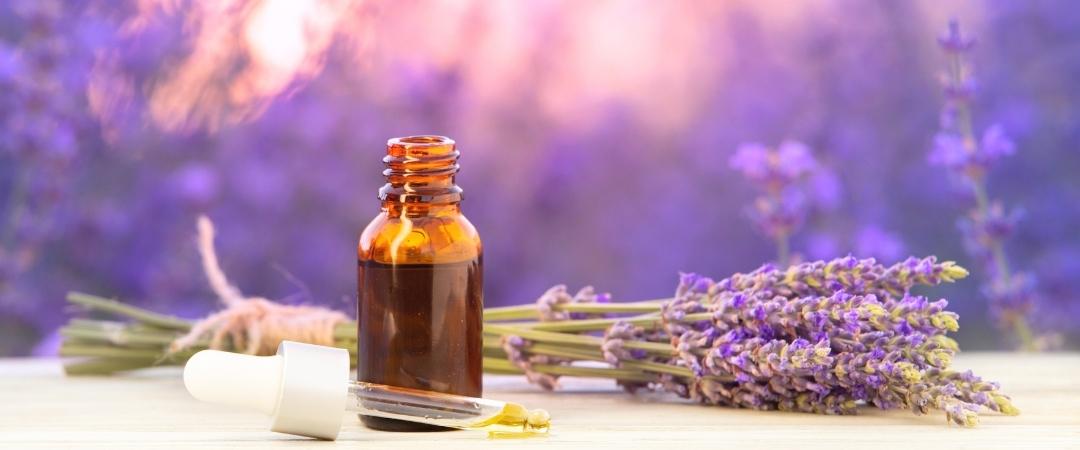Aromatherapy is the use of essential oils to promote physical and emotional wellbeing. These oils are extracted from plants, roots, flowers, roots, leaves, resins, woods or another substance such as coconut oil. Aromatherapy works by stimulating the olfactory system, which is the part of the brain responsible for processing smell information and triggering emotions. This has led to it being used to treat a range of ailments including anxiety, depression, stress, insomnia and pain. It is also used to treat skin conditions such as eczema and acne by applying the essential oils to the affected area. Aromatherapy can be used both in the home and at work because it is a non-invasive treatment that does not require you to take any medication. Read on to know more about how it works and how you can use it to improve your life.
How does essential oil work?
Aromatherapy works by stimulating the olfactory system, which is the part of the brain responsible for processing smell information and triggering emotions. It also helps to open up the airways, relax muscles, reduce stress, and improve mental performance. Depending on the type of essential oil you use, it can have different effects on your body. Some oils are known to be relaxing, others stimulating. Some essential oils are also known to have antibacterial properties. Depending on the condition you are treating with essential oils, you can choose an oil that will help you achieve the desired results.
How does aromatherapy help with skin conditions?
Aromatherapy is a very effective treatment for various skin conditions because it helps to regulate the skin’s natural oil production. It also helps to regulate blood flow and stimulates circulation to the surface of the skin, which helps to heal wounds and reduce inflammation. Many essential oils have antiseptic properties and can help fight infections in the skin and promote healing. They can be used topically, but always dilute them in a carrier oil before applying them to the skin. Some examples of essential oils that can be used to treat skin conditions include chamomile, lavender, sandalwood and ylang-ylang. You can also make your own blend using essential oils that are known to help with the condition that you are treating.
How does aromatherapy help with stress?
Stress is one of the most common health issues in the world today. In fact, it is estimated that about 70% of the adult population in the developed world experiences some form of stress on a regular basis. Aromatherapy has been found to be very effective in helping people with stress. It can help to reduce anxiety, improve mood and reduce feelings of frustration and impatience. It can also help to improve mental clarity and focus and boost your overall energy levels. There are a variety of essential oils that can be used to reduce stress and promote relaxation. They can be used either alone or combined with other oils to create a specific blend that will help you manage your stress levels. Some examples of essential oils that can be used to reduce stress include lavender, orange, sandalwood and ylang-ylang.
How does aromatherapy help with anxiety?
Anxiety is a common mental health issue that affects millions of people around the world. It is a condition that causes feelings of uneasiness, fear and panic that can be very debilitating. Aromatherapy has been found to be very effective in helping people with anxiety. It can help to reduce feelings of anxiety, improve mood and reduce feelings of frustration and impatience. It can also help to improve mental clarity and focus and boost your overall energy levels. There are a variety of essential oils that can be used to reduce anxiety and promote relaxation. They can be used either alone or combined with other oils to create a specific blend that will help you manage your anxiety levels. Some examples of essential oils that can be used to reduce anxiety include lavender, orange, sandalwood and ylang-ylang.
How does aromatherapy help with depression?
Depression is a serious mental illness that affects millions of people around the world. It causes feelings of sadness, hopelessness and a lack of motivation that can be very debilitating. Aromatherapy has been found to be very effective in helping people with depression. It can help to reduce feelings of sadness, improve mood and reduce feelings of frustration and impatience. It can also help to improve mental clarity and focus and boost your overall energy levels. There are a variety of essential oils that can be used to reduce depression and promote relaxation. They can be used either alone or combined with other oils to create a specific blend that will help you manage your depression levels. Some examples of essential oils that can be used to reduce depression include lavender, orange, sandalwood and ylang-ylang.
Conclusion
Aromatherapy is a great way to improve your physical and mental health. It can help to relieve stress, anxiety and depression and has many other benefits as well. It can be used both at home and at work and can be used both alone and in combination with other methods to help you achieve the desired results. You can also use essential oils topically on the skin to treat various skin conditions. They are very easy to use and do not require any special equipment.
